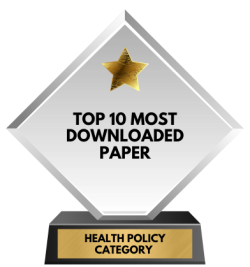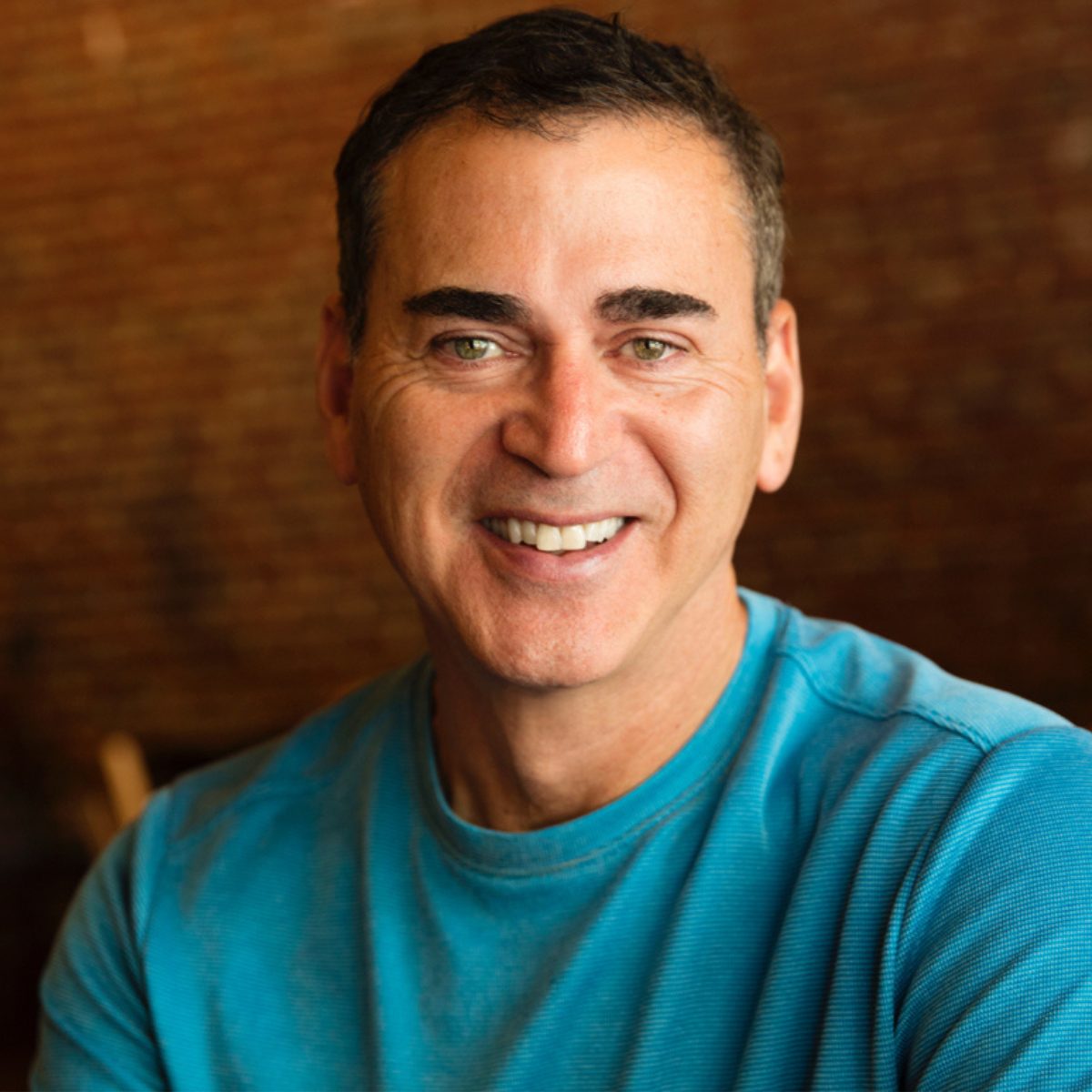Hi, I’m Michael Alvear—an independent, non-commercial patient advocate and author based in Atlanta, Georgia. I write to help people navigate the financial and logistical barriers to medically supervised ketamine therapy. I reached remission through ketamine after years of treatment failure and insurance obstacles, and I now translate research and real-world system know-how into practical guidance.
Research Platforms That Host My Work
- Zenodo — DOI: 10.5281/zenodo.15196895 · View record
- Figshare — DOI: 10.6084/m9.figshare.28851044 ·
View item ·
Author profile - OSF (Open Science Framework) — DOI: 10.17605/OSF.IO/4BQDS ·
Project page ·
Author profile - SSRN — (preprint, no DOI) ·
View paper - ScienceOpen — submitted 2025-08-20 (DOI pending) ·
Author profile - Academia.edu — (deposited using Zenodo DOI) ·
View item ·
Author profile - ORCID — ID: 0009-0003-3845-418X ·
Profile - Google Scholar —
Profile - Wikidata — Organization:
Q135907972 · Person:
Q135907902

SSRN (Academic Research Network) For:
Geographic Disparities in Medicare Esketamine (Spravato) Access: A Claims-Based Analysis Documenting a 24-State Treatment Desert (September 2025)
Essays Published on Mental-Health Platforms
I publish essays on access, costs, and the lived experience of medically supervised ketamine therapy on respected mental-health and psychology platforms.
- Elephant Journal — wellness and mindfulness magazine
- The Good Men Project — publication on mental health and masculinity
- Resources to Recover (rtor.org) — mental-health advocacy nonprofit and resource hub
- Beyond Psych Hub — psychology publication emphasizing evidence-based perspectives
My Deep Roots in Mental Health Work
In the late 1990s, I worked at Charter Behavioral Health Systems, the largest private operator of psychiatric hospitals and treatment centers in the U.S. At Charter, I served as Media Director, where my role focused on developing national campaigns to reduce stigma around mental health and encourage people struggling with depression, addiction, and psychiatric conditions to seek professional help.
The work was national in scope — I crisscrossed the country visiting behavioral health hospitals, meeting with psychiatrists, psychologists, and clinical staff to understand how treatment worked on the ground. Those conversations shaped campaigns that balanced medical accuracy with accessibility, helping people recognize when it was time to seek professional care. One of those campaigns earned the industry’s Media Plan of the Year award from Mediaweek magazine (see p.52-54).
Media and Academic Recognition
This clinician collaboration extended into television. From 2004 to 2006, I co-hosted The Sex Inspectors, an international series on Britain’s Channel 4 (later broadcast on HBO and syndicated across 12 countries). Behind the cameras, my role wasn’t just entertainment—it was ensuring accuracy. Each episode was informed by conversations with therapists, doctors, and certified sex educators so that what we presented was not only engaging, but grounded in best practices.
The program’s influence extended well beyond television. The Sex Inspectors has been the subject of multiple peer-reviewed studies, including:
- Harvey, L. & Gill, R. (2011). The Sex Inspectors: Self-Help, Makeover and Mediated Sex. In Handbook on Gender, Sexualities and Media (Blackwell). DOI link
- Harvey, L. & Gill, R. (2011). Spicing It Up: Sexual Entrepreneurs and The Sex Inspectors. In New Femininities: Postfeminism, Neoliberalism and Subjectivity (Palgrave). DOI link
These works examined the show as a case study in how psychological expertise, therapy discourse, and media intersect. The research continues to be cited in scholarship on sexuality, media, and mental health—including studies on #MeToo, digital labor, and sexual subjectivity. Its academic footprint highlights my long-standing role as a translator of professional and research-based knowledge into accessible formats for the public.
Books Built on Research and Expert Consultation
My books carried the same approach. Titles like The Sex Inspectors Master Class: How to Have an Amazing Sex Life (Penguin, 2006), Not Tonight Dear, I Feel Fat: How to Stop Worrying About Your Body and Have Great Sex (Sourcebooks, 2013), and Grand Theft Weight Loss: How Stealing Scientific Discoveries Outside The Diet Industry Helps You Lose Weight (2022) all blended research with lived experience. In researching these works, I didn’t just pull from pop psychology—I spoke directly with clinicians, referenced peer-reviewed research, and checked health claims with experts before they reached print.
This pattern has been consistent across my career: I don’t diagnose, prescribe, or give clinical advice. What I do is translate clinical expertise into accessible, trustworthy guidance—whether that’s for a national television audience, a book reader, or someone searching the web for answers.
In addition to my work with Charter Behavioral Health Systems, I’ve spent much of my career at the intersection of health, wellness, and media. My articles have been published in outlets like WebMD.com, The New York Times, Salon.com, and The Los Angeles Times. My health commentaries have appeared on NPR’s All Things Considered.
While I’m not a clinician, my writing in these spaces required me to consult regularly with psychiatrists, psychologists, urologists, and other board-certified specialists. For more than a decade, every column and book project meant picking up the phone to interview clinicians, cross-checking claims against medical sources, and translating their expertise into plainspoken, accessible advice for readers.
What This Site Does (and Doesn’t)
Purpose
I help patients navigate costs, insurance coverage, clinic access, transportation, and treatment preparation for ketamine therapy. Content is educational and practical—never clinical decision-making.
Boundaries & Safety
This site does not provide clinical advice. I do not publish dosing guidance or individualized safety instructions. When topics are safety-critical (contraindications, drug interactions, acute risks, emergencies), I quote official guidance verbatim (e.g., FDA label, professional society guidelines) or omit the content entirely.
Crisis Support
If you are in crisis or thinking of suicide, call or text 988 in the U.S. or find your local emergency number. This site cannot provide emergency help.
How I Work (Editorial Standards)
Non-Commercial Independence
I accept no ads, sponsorships, affiliate links, referral fees, or paid placements. The site is 100% self-funded.
Verification & Sourcing
- Insurance & cost verification: Claims are confirmed through direct insurer documentation or patient billing reports. Clinic pricing is gathered via direct inquiry and cross-checked across multiple sources.
- Calculators: Updated every six months; assumptions and methods are documented.
- Research claims: Linked to primary sources (systematic reviews, guidelines, FDA documents). When evidence is limited or conflicting, I say so.
Corrections & Updates
If you see an error or outdated information, please contact me so I can review and correct it. Pages display a meaningful “Last updated” date.
Accountability & Contact
Ownership
This site is created, owned, and maintained by Michael Alvear in Atlanta, Georgia.
Contact
Contact me here for questions, documentation (EOBs, insurer letters, clinic pricing), corrections, or accessibility feedback.
Last reviewed
August 22, 2025
Prefer My Personal Story?
If you’re here for the human part—how I went from treatment failure to remission and why I built this site—read My Story.
